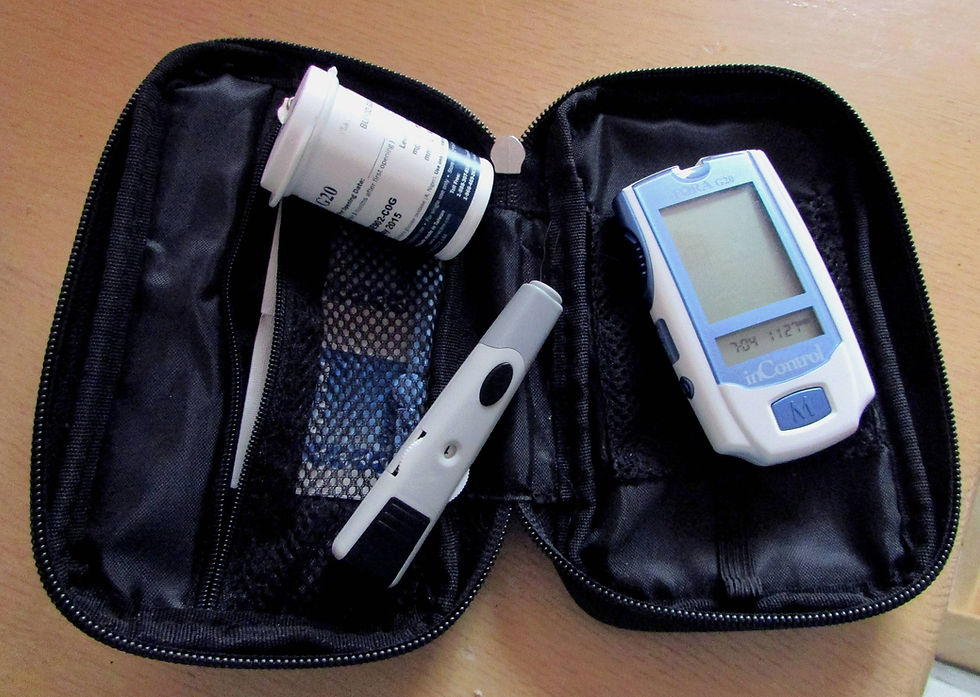Building Trust with Neuropathy Patients Who Feel “Dismissed”
- johnhayesjr1
- Nov 17, 2025
- 2 min read

Neuropathy patients are often emotionally bruised before they ever walk through your door. Many have been told “it’s all in your head,” or that “nothing more can be done.” They’ve tried medications, bounced between specialists, and seen their pain minimized or ignored.
Your practice can be where that cycle ends.
As an independent or direct-pay physician, you have a powerful opportunity: to be the first provider who not only listens—but helps them feel heard, validated, and hopeful again.
Why Neuropathy Patients Lose Trust in the System
They’ve likely experienced:
Normal EMGs despite obvious symptoms
Conflicting explanations from multiple providers
Medications that didn’t help—or made them feel worse
A lack of clear diagnosis or roadmap
This leads to understandable frustration and skepticism. By the time they reach you, many are thinking, “You’re my last hope.”
How to Rebuild the Patient-Doctor Relationship
1. Acknowledge Their Journey
Say things like:“I know you’ve seen a lot of people before you got here. That must have been exhausting.”Validation goes further than reassurance.
2. Slow Down
Rushed visits signal disinterest. Even 5 extra minutes of attentive listening can radically shift their perception of you—and your care.
3. Use Plain Language
Don’t hide behind jargon. Explain nerves, damage, and healing in ways that make sense and give them clarity.
4. Show Them a Plan
Patients who’ve been dismissed want structure. Offer a step-by-step protocol—even if it’s gradual. Clarity reduces fear.
5. Celebrate Small Wins
Highlight even subtle changes: improved sleep, reduced burning, steadier balance. This builds momentum and trust.
Trust Is a Clinical Tool
When patients believe in you, they commit to your plan. They engage. They refer. They stay. Especially in neuropathy care, trust is half the treatment.
Want to Become the Provider Neuropathy Patients Are Searching For?
Book a Strategy Session with John Hayes Jr., MD and learn how physicians are transforming difficult cases into long-term relationships—through honesty, structure, and compassionate leadership.




Comments